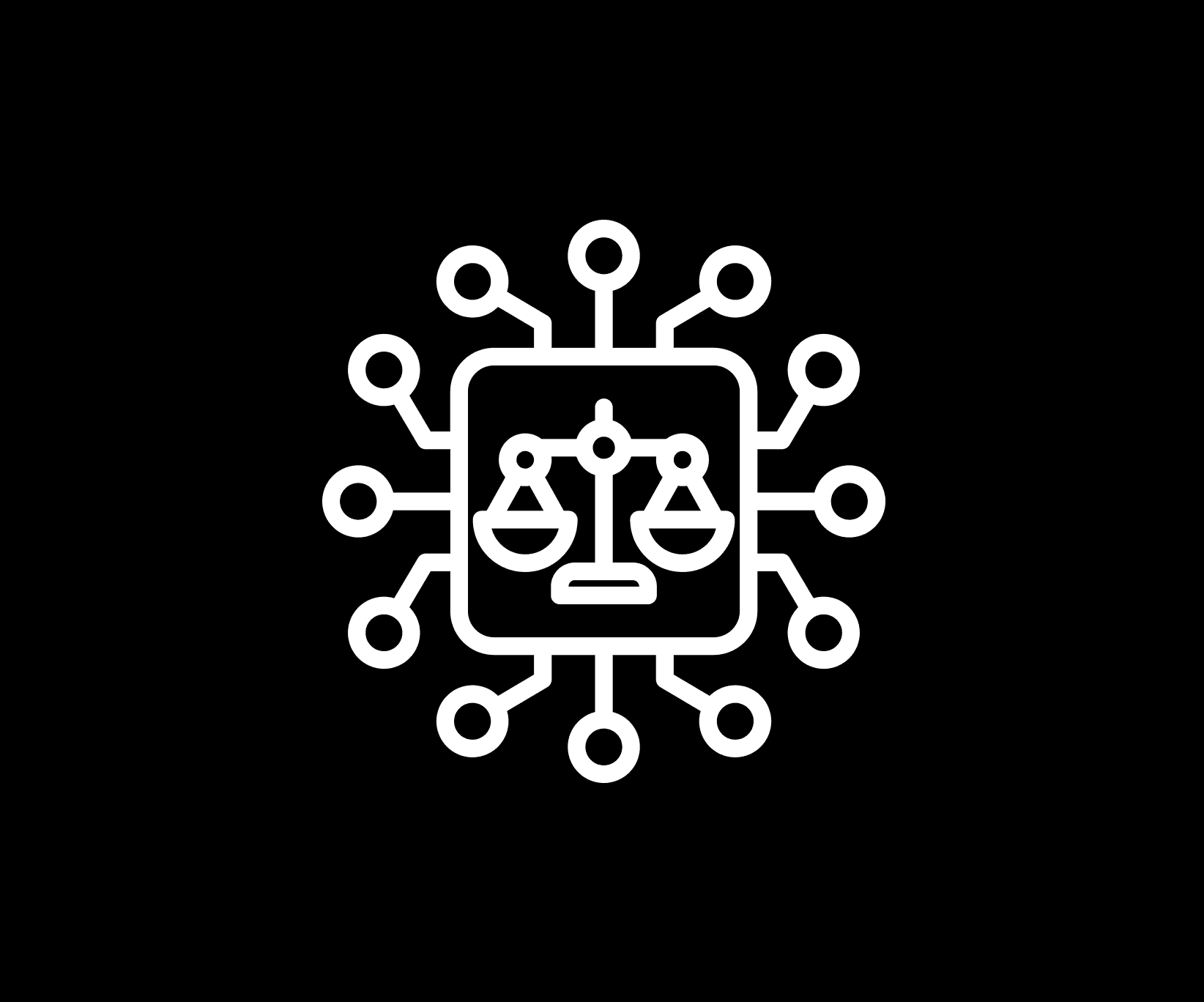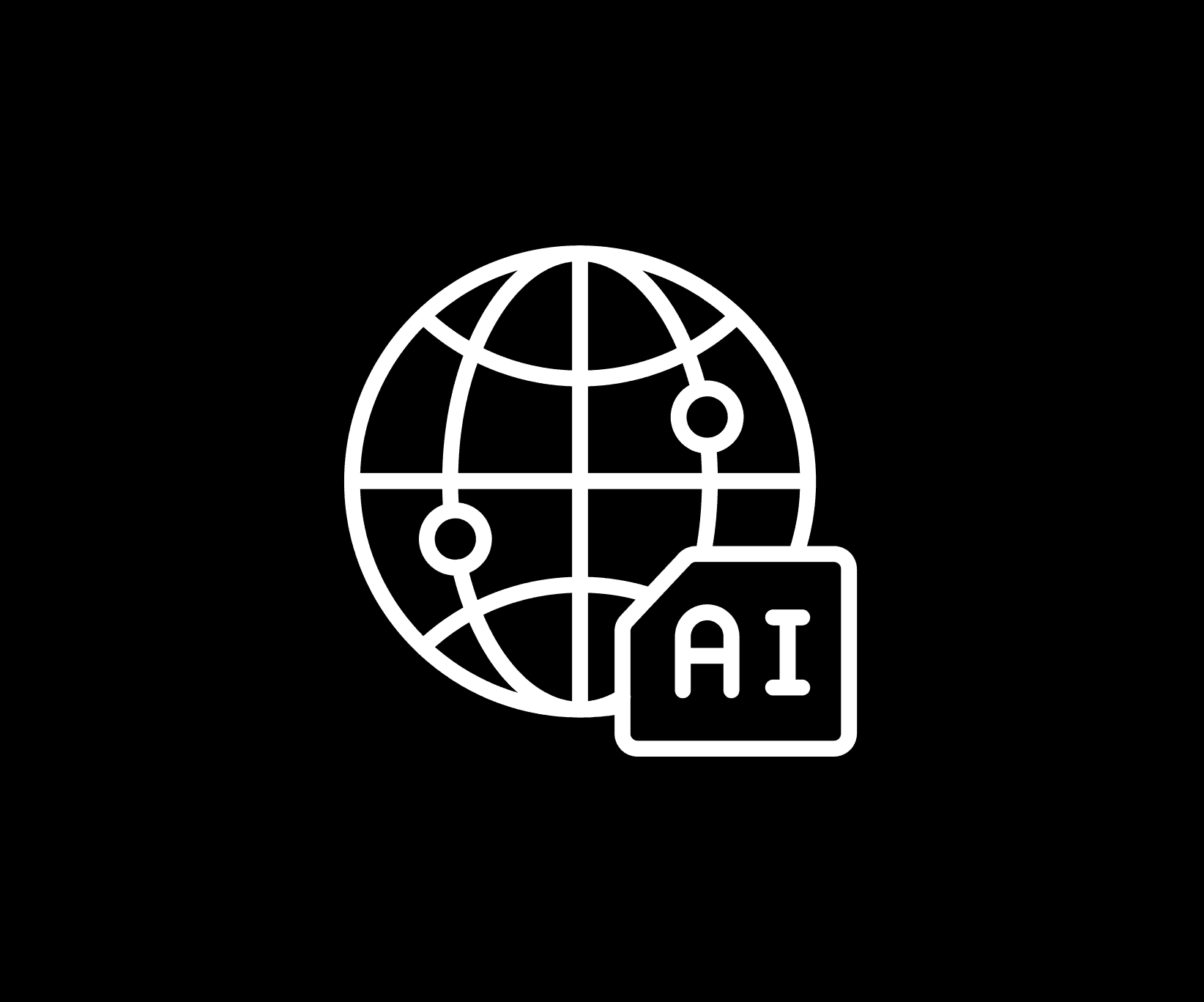LLMS
Navigating GDPR Compliance with AI and LLMs
In the rapidly evolving landscape of artificial intelligence, understanding how data protection laws apply to Large Language Models (LLMs) is crucial for businesses and public authorities alike. The Hamburg Commissioner for Data Protection has released a comprehensive discussion paper that delves into the intersection of LLMs and personal data under the General Data Protection Regulation (GDPR). This blog post unpacks the key insights from the paper, offering practical guidance on how to navigate these complex issues.
Personal Data and LLMs: Understanding the Basics
A core takeaway from the discussion paper is the clarification that LLMs, like those integrated into AI systems, do not store personal data in the traditional sense. Unlike databases or document repositories, LLMs generate outputs based on probabilistic models and algorithms, which means they do not retain personal information as static entries. Instead, these models process language inputs and generate responses dynamically, reducing the risk of personal data being directly stored or exposed.
GDPR Rights in the Context of AI Systems
Under the GDPR, individuals have the right to access, rectify, and erase their personal data. However, when it comes to AI systems utilizing LLMs, these rights apply specifically to the data inputs and outputs of the system, rather than to the LLM itself. This distinction is vital for organizations to understand, as it affects how they handle data subject requests and ensure compliance with GDPR requirements.
For instance, if an AI-driven chatbot generates a response based on a user’s input, the user’s rights under GDPR apply to the data processed in that interaction—both the initial query and the generated response—not to the underlying LLM technology. This approach helps maintain a clear focus on protecting individual privacy while leveraging AI capabilities.
Ensuring Compliance in LLM Training
One of the more complex aspects of using LLMs is the training phase, particularly when personal data is involved. The discussion paper emphasizes that developers are responsible for ensuring that any personal data used during the training of an LLM complies with GDPR. This includes having a lawful basis for processing and upholding data subject rights throughout the training process. However, the legality of using an LLM in an AI system does not hinge on whether personal data was lawfully used in training, shifting the focus of compliance to the deployment and operation stages of AI systems.
Practical Tips for Safeguarding Personal Data in AI Systems
To help organizations navigate these challenges, the Hamburg Commissioner’s paper provides several practical recommendations:
Minimize the Use of Personal Data in Training: Organizations should strive to use as little personal data as possible during the training of LLMs. Where feasible, synthetic data—data that mimics real-world information without containing personal details—should be utilized. This practice not only enhances privacy but also aligns with the principle of data minimization, a key tenet of GDPR.
Implement Robust Safeguards Against Privacy Attacks: Privacy attacks, such as attempts to extract personal data from an LLM, are a growing concern. To mitigate this risk, it’s essential to implement strong safeguards. These can include advanced encryption techniques, regular security audits, and the integration of privacy-preserving technologies that limit the potential for unauthorized data access.
Clarify Responsibilities with Third-Party Providers: When deploying AI systems that incorporate third-party LLMs, it’s critical to clearly define responsibilities regarding data protection compliance. This includes understanding whether the relationship with the provider constitutes data processing on behalf, joint controllership, or independent controllership, and ensuring that the appropriate agreements and safeguards are in place.
The Broader Implications for Businesses and Authorities
The discussion paper underscores that while LLMs themselves do not store personal data, organizations must remain vigilant in how they use these models within broader AI systems. The practical implications of this include ensuring that data subject rights are respected, implementing necessary safeguards to prevent data breaches, and maintaining transparency with users about how their data is being processed.
Moreover, as AI technologies continue to advance, staying informed about evolving data protection guidelines and best practices will be essential for organizations looking to harness the power of LLMs while maintaining compliance with GDPR and other data protection regulations.
For those seeking a deeper understanding of these issues, the full discussion paper offers detailed insights and is available here.
By adopting these practices, businesses and public authorities can responsibly leverage the capabilities of LLMs while safeguarding personal data and upholding the rights of individuals.





